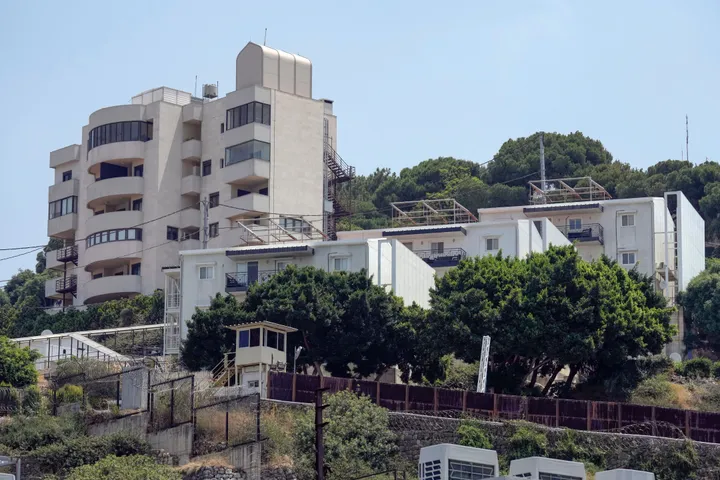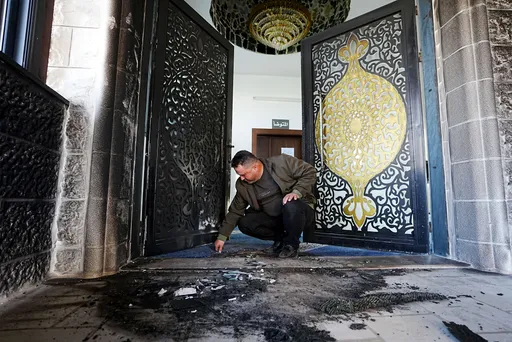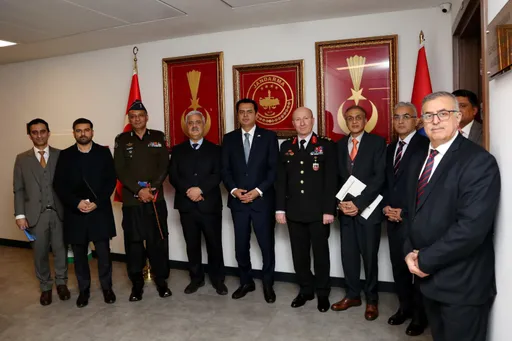Turkey won't recognise Russia's annexation of Crimea, Turkish President Recep Tayyip Erdogan on Monday has said during a visit to Ukraine.
Ukraine has been wracked by conflict since March 2014 following Russia’s annexation of Crimea after an illegal independence vote.
Erdogan met with his Ukrainian counterpart Petro Poroshenko in Kiev on Monday for talks which are expected to focus on bilateral relations and economic cooperation as well as the situation with a Turkic ethnic minority Crimean Tatars.
Turkey will continue to support Ukraine's sovereignty and territorial integrity, Erdogan said during Monday's visit to Kiev.
He said Ankara will continue to follow the situation of Crimean Tatars, and thanked Ukraine for defending their rights.
Some Crimean Tatar activists have complained of infringements on the rights of the Turkic ethnic group after Russia's annexation of the Black Sea region.
Erdogan's statement comes even though he has sought to maintain warm ties with Russia and cooperated with it on establishing de-escalation zones in Syria.
US visa suspension
Erdogan said on Monday a US decision to suspend visa services in Turkey was upsetting, adding that Turkish foreign ministry officials had contacted their US counterparts over the issue.
Turkey urged the US, earlier on Monday, to review its suspension of visa services after the arrest of a US consulate employee sharply escalated tension between the two NATO allies.
"Above all, the decision is very upsetting. For the embassy in Ankara to take such a decision and implement, it is upsetting," Erdogan told a news conference during the visit to Ukraine.
Last week's arrest of a Turkish employee of the US consulate in Istanbul marked a fresh low.
Turkey said the employee had links to US-based Muslim cleric Fetullah Gulen, blamed by Ankara for a failed military coup in July 2016.
The US embassy in Ankara condemned those charges as baseless and announced on Sunday night it was halting all non-immigrant visa services in Turkey while it reassessed Turkey's commitment to the security of its missions and staff.
Within hours, Ankara announced it was taking the same measures against US citizens seeking visas for Turkey.
Kiev visit details
Erdogan was accompanied by a large delegation including Chief of Turkish General Staff Hulusi Akar, Deputy Prime Minister Fikri Isik, Foreign Minister Mevlut Cavusoglu, Energy Minister Berat Albayrak, EU Affairs Minister Omer Celik and Economy Minister Nihat Zeybekci.
Erdogan firstly visited a military monument in Kiev to lay a wreath.
During his one-day visit, he will meet his Ukrainian counterpart Poroshenko and attend the 6th meeting of the Turkey-Ukraine High-Level Strategic Council.
The Turkish president will also meet Parliamentary Speaker Andriy Parubiy, Prime Minister Volodymyr Groysman and representatives of the Crimean Tatar Society.
Erdogan will later leave Kiev for Serbia and is scheduled to attend a dinner to be hosted by Serbian President Aleksandar Vucic.
Crimea conflict
The UN General Assembly voted to proclaim the Russian annexation illegal.
Along with many UN members, the US, the EU and Turkey also do not recognise Crimea as Russian territory.
Additionally, fighting in eastern Ukraine between the government and Russian separatists has killed more than 10,000 people since April 2014, according to the UN.























